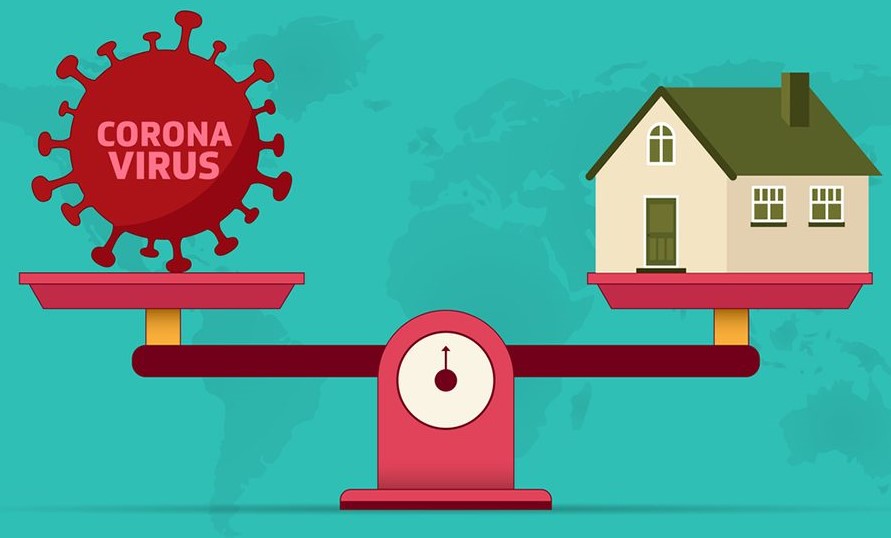
The COVID-19 crisis has touched everyone in some way. When Congress passed the CARES Act, many who had lost their jobs used the opportunity to postpone their mortgage payments. While this may have been the best or only option at the time, the country is beginning to see a ripple effect from the massive amount of debt that lenders are now carrying.
Even though interest rates have fallen to the lowest recorded level, many are not able to get a new mortgage or refinance their existing one. The pandemic has affected the way many agents run their business, which may, in turn, affect the number of homebuyers who are able to secure a loan. Here’s what you should know about the current state of the housing market.
Why is it harder to get approved for a mortgage or refinancing?
Part of the challenge is a result of the economic shock caused by the COVID crisis. With the economy being so unstable, borrowers are at a greater risk of losing their jobs and, as a result, not being able to keep up with their loan payments. This on its own would prompt additional caution from lenders.
However, this is compounded by the policies passed in the CARES Act. As a result of the relief act, borrowers have been able to postpone their mortgage payments for up to a year without proof of financial hardship. While this may have been the only option for many jobless citizens, the act didn’t provide a way to cover those missed payments. Because of this, many lenders were forced to make up for it and are now placing more restrictions on their requirements for those looking to refinance or take on a mortgage.
While not every loan company is as public about these changes, in general, credit availability has sharply decreased. According to The Wall Street Journal, JPMorgan Chase will not make loans without a credit score of 700 or higher or a 20 percent down payment. Similarly, Wells Fargo is no longer granting cash-out refinancing loans. Both lenders have also suspended new home-equity lines of credit.
What do the numbers say?
When interest rates are this low, many homeowners use this as an opportunity to refinance their existing loan. Because of the increased restrictions, however, many are not able to. Even those with credit scores above 800 can be faced with challenges, especially if they’ve recently moved to self-employment or don’t have a standard payment schedule. In addition to this, according to the Urban Institute think tank, nearly two out of three loans that were easily granted in 2019 would not meet even one of the now stricter standards certain lenders are imposing.
What happens next?
The lack of approved mortgages and refinancing options will likely cause a strong impact on economic recovery. It could slow down other industries as well, such as new construction. In general, it’s likely that it will cause a general lack of spending, since current or potential homeowners will be forced to either continue paying at their current interest rate or save for a larger down payment if they’re looking to buy a new home.
It’s well known that home ownership plays a vital role in building wealth. Mortgage standards still haven’t fully recovered after the 2008 recession, and a number of borrowers, particularly minorities, were already struggling to be approved for a mortgage before the pandemic. It will be even more challenging now.
